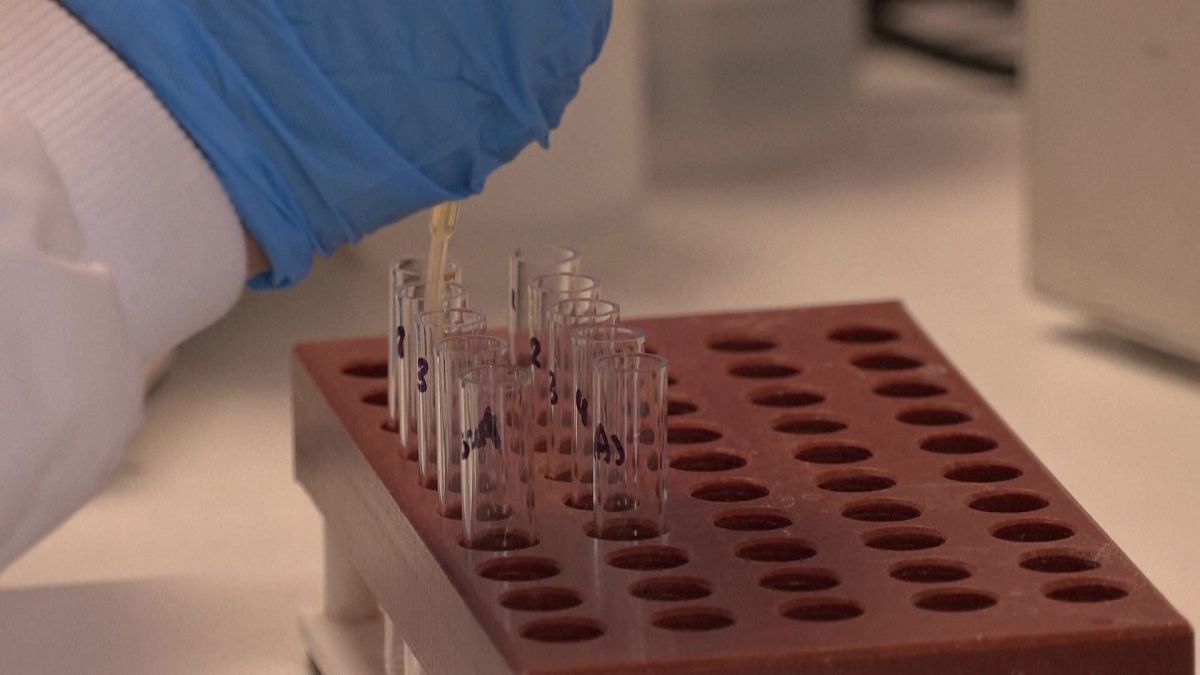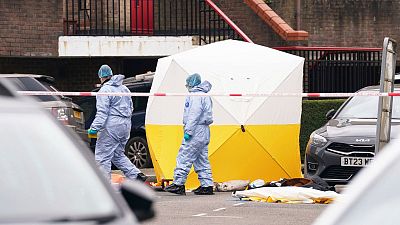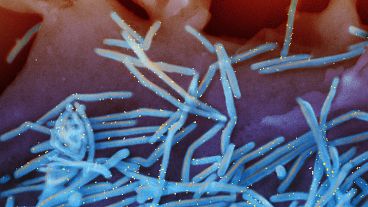The new blood group genotyping test uses DNA analysis to match people with the most compatible blood.
Patients with sickle cell disorder and thalassaemia are now being encouraged to take a new "blood matching" test alongside their routine hospital blood tests to mitigate the side effects of blood transfusion.
The UK's National Health Service (NHS) says it’s the first healthcare system in the world to provide such a test.
Sickle cell disease is a group of inherited red blood cell disorders that affects red blood cells and can cause organ damage and severe pain.
Thalassaemia is a rarer blood disorder but can be fatal.
Patients with thalassaemia can’t produce enough haemoglobin needed for red blood cells to carry oxygen around the body and suffer severe anaemia.
The conditions are typically treated with blood transfusion but around a fifth of patients develop antibodies against some blood groups, which can make them very unwell and cause problems with future transfusions.
Matching with compatible blood
The new test uses DNA analysis to match people with the most compatible blood.
It's hoped it will reduce blood transfusion side effects in patients.
"It's the best part of 10 years work involving hundreds of researchers, clinicians and thousands of patients in development. And it will allow us to match blood in a better way. Regular blood transfusions can be a life-saving and life-sustaining treatment for those patients," Dr Ryan Mullally, Consultant Haematologist at the Whittington Health NHS Trust, said.
Stephanie George has been receiving treatment for sickle cell disorder for most of her life.
She is one of the first patients to take the new blood group genotyping test that will make those treatments safer for her immune system.
"[It's] so important and I'm so glad that medicine and technology's finally catching up," said George.
"I think sickle cell is something that isn't as known as other disabilities, so I think any sort of research that's been done towards it can help those that need it, like me," said Lamar Sty-Ellis, another sickle cell patient to try the test.
Around 17,000 people in England have sickle cell disorder, with 250 new cases a year, according to the NHS England.
It's most common in people of Black African and Caribbean heritage.
For more on this story, watch the video in the media player above.



